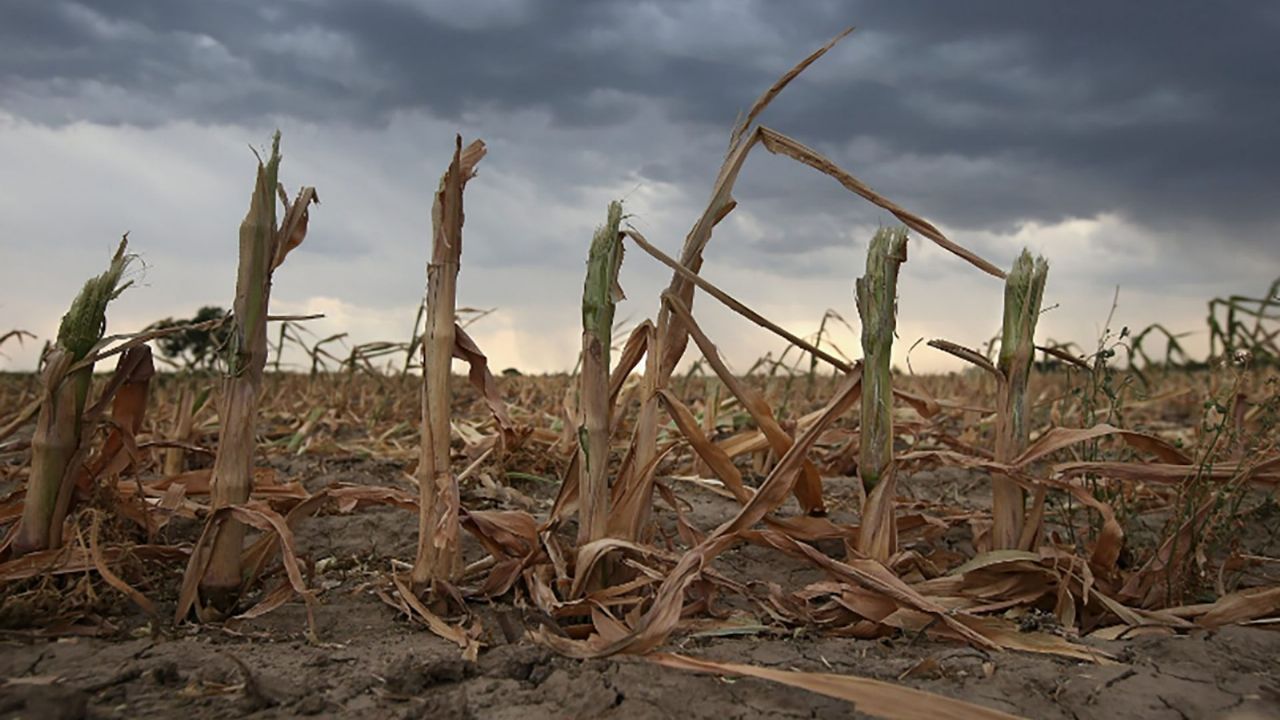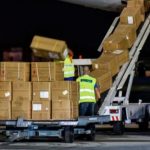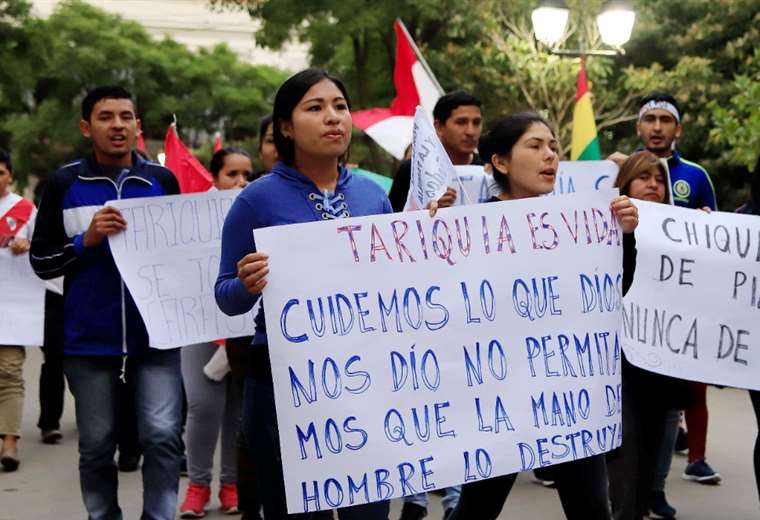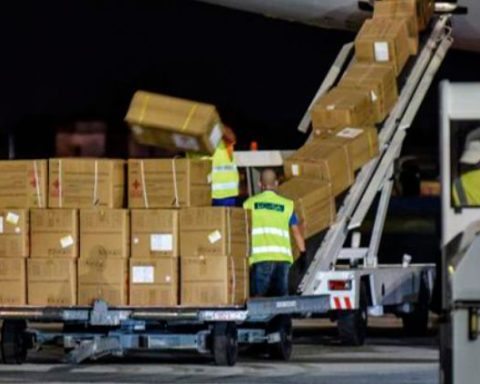before the devastating drought suffered by the agro-industrial sector for the third consecutive year, the Minister of Agrarian Development of the province of Buenos Aires, Javier Rodríguez, declared an agricultural emergency for 13 districts of the province last November. In this way, economic aid for the sector began to be planned.
Today, those measures against drought They were launched by the portfolio for the districts of San Pedro, Rojas, Salto, Ramallo, Junín, Arrecifes, Alberto, Chascomús, Suipacha, Lobos, San Vicente, Magdalena and Dolores. The economic aid consists of postponing the payment of rural real estate, suspending the trials of the Federal Administration of Public Revenues (AFIP) and giving the opportunity to deduct 100% of the income tax from the forced sale of property.all for him inclement weather.
The first of these measures consists of the extension of the expiration of taxes on assets, capital or profits from exploitations, and must be given in the same period in which the agricultural emergency was declared by the drought and until the year following its completion. The suspension of the AFIP trials is applied for the initiation of tax execution causes for the collection of taxes owed.
Finally, on deducting 100% of the tax balance of the income tax, it will be for the benefits of the forced sales of cattle, sheep, goats and pigs. In the words of Rodríguez, “from the provincial government, together with the national State, we are giving a comprehensive response to accompany and assist the producers affected by these weather events adverse, since not only was the emergency declared, but different tools were created, such as lines of financing and non-reimbursable contributions.”

Drought in half the country
According to the report of the Information System on Droughts for the South of South America (Sissa), almost 55% of the Argentine territory is affected by the lack of rain. This water stress coincides with what was highlighted by the World Meteorological Organization: “the winter of 2022 was 33.3% drier than normal, and it became the 7th driest since 1961 and the 5th consecutive to register a lack of rainfall”.

The sector suggests that the crop that is most exported from our country, the soywill be affected in a very significant way, since in the core zone of the country there are 45% fewer territories planted with this plant. The Buenos Aires Grain Exchange estimates a loss of exports of up to US$14,115 million.


















